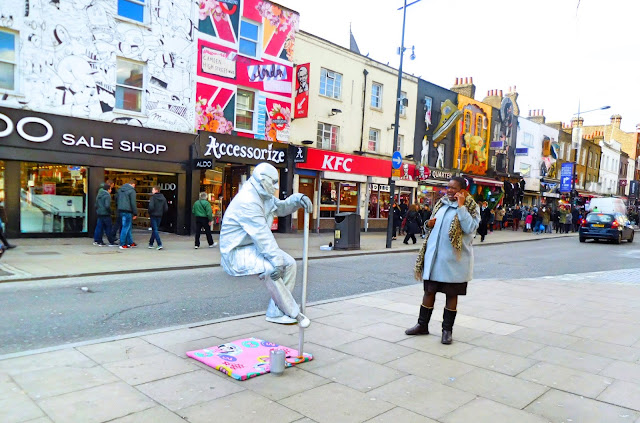But it was during the Tudor period that the Tower entered the bloodiest period of its history. Its cells and torture chambers were rarely empty of political and religious prisoners in the aftermath of Henry VIII’s revolutionary break from the authority of the Pope in Rome.
Those imprisoned at his Majesty’s pleasure included politician Sir Thomas More (1534), Henry’s second wife Anne Boleyn (1546), and Protestant reformer Anne Askew (1546). More was beheaded after refusing to accept Henry as head of the new Church of England. Boleyn fell out of favour after failing to produce a male heir and, accused of incest and adultery, was beheaded within the Tower’s walls. While the unfortunate Askew was so weak from torture on the rack for failing to implicate Queen Katherine Parr and her ladies as heretics, that she had to be carried in a chair to the stake where she was to be burned.
At almost every stage since in London’s history, the Tower has had a starring role. In 1605, it played bleak host to Guy Fawkes after the disastrous plot to blow up Parliament. It was an important pawn in the Civil War. After the Restoration, it became a permanent home to the new Crown Jewels. Even during the two World Wars, the Tower played its part. It survived a direct hit during the Blitz, while the filled-in moat was used for growing fruit and vegetables. Several spies were also held and executed there: in 1941, German Josef Jakobs became the last person to be executed within the Tower’s walls.
Today, the prisoners, the mint, the menagerie and the jewels are all gone. Fortunately, the ravens remain – since legend has it that if they should leave, the Tower and the kingdom will fall…
Let me share to you this short clip as I tour around the TOWER OF LONDON....
As I end my tour ...let me quote D. Alighieri
"Be as a Tower, firmly set:
Shakes not its top,
For any blast that blows.."
Thank you for taking time
to view my blog....
---Freundchaft Bee
btw...all pics are by me...
Follow me:
Instagram and FB
Source:
Wikipedia
http://www.history.co.uk/study-topics/history-of-london/tower-of-london
























































